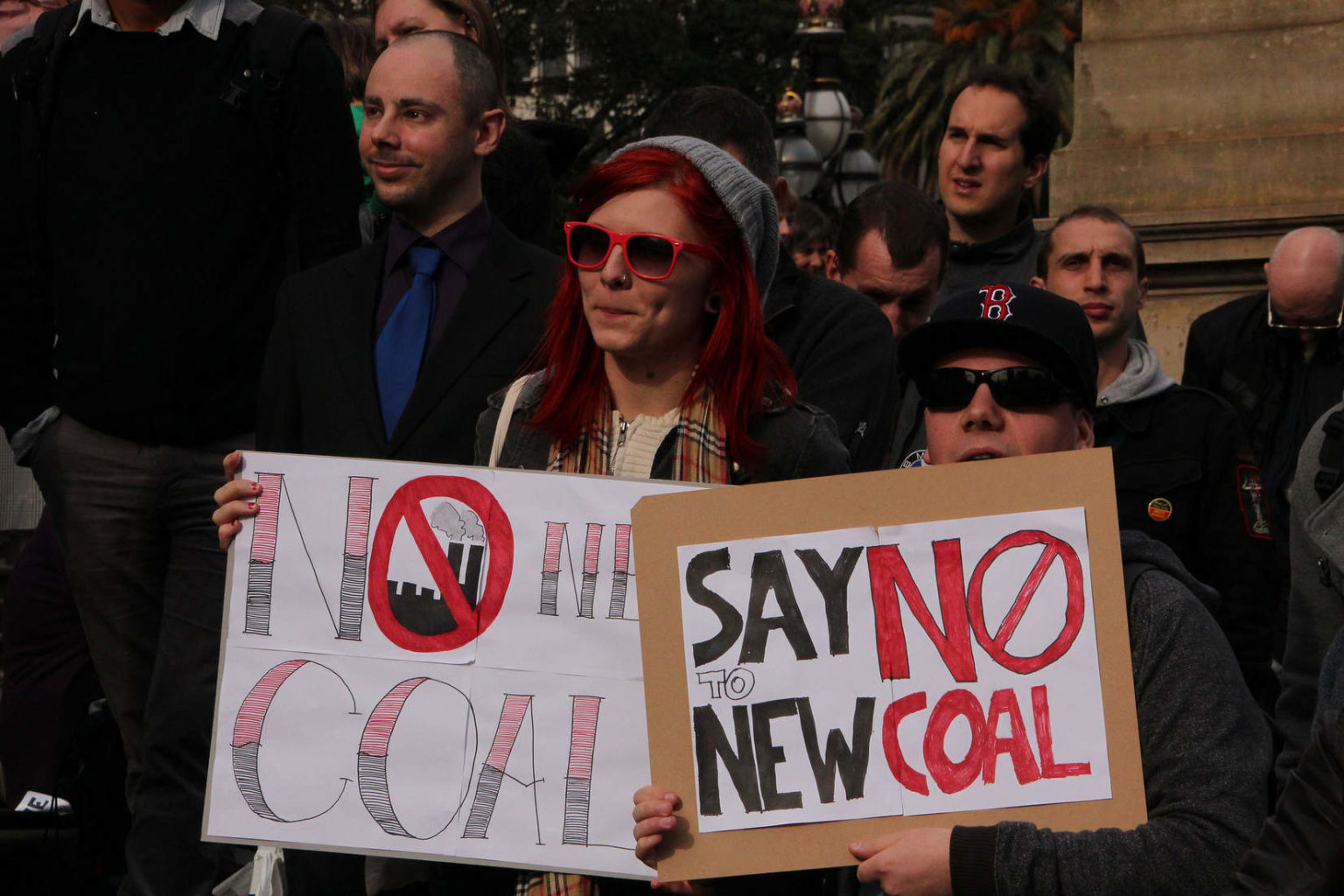In Paris in 2015, more than 195 nations committed to slowing the rise of global warming to less than 3.6°F (2°C). In 2016, renewable energy saw unprecedented growth around the world.
Yet in 2017, more than 120 companies have plans to build new coal-fired power plants (or expand existing ones), increasing coal capacity by roughly 43 percent across the globe. That’s more than 840,000 megawatts (MW) of additional coal power.
Some of those expansions are slated to occur in countries that don’t yet have any coal power, including Egypt and Malawi, likely locking them into at least 40 years of polluting infrastructure.
This is according to an analysis just released by the German environmental nonprofit Urgewald, which states that if all of these coal expansion plans go ahead, the resulting average rise in global temperatures would be a blazing 7.2°F (4°C).
“This report needs to be a grab-you-by-the-shoulders-and-shake-you-out-of-bed type wake-up call for investors, policymakers, and activists all over the world,” said Jamie Henn, communications director for 350.org.
While the largest expansions are occurring in countries like China and India, the United States still has three coal companies planning to build or expand new plants: Southern Company, AES Corporation, and Sunflower Electric Cooperative.
AES plans to build coal plants in the Dominican Republic, Turkey, and the Phillipines, but Sunflower Electric and Southern Company are still investing in coal plants in the U.S. That’s despite the country’s lagging prospects for coal and Southern’s recent announcement that its ill-fated Kemper “clean coal” plant in Mississippi won’t burn coal after all — and may cost its investors a whopping $3.4 billion in losses.
And though China has made a big announcement about canceling more than 100 coal-fired power plants at home, its own coal companies are already looking to move shop elsewhere, such as Pakistan.
As Urgewald’s report notes: “In Pakistan, for example, 4 coal plants are being built and another 2 are in planning to be built. This is happening, even though Pakistan has ample potential for solar energy.”
“In countries like the Philippines and Vietnam we see that banks are financing companies that build entirely new coal-fired power plants, making these countries dependent on coal for decades to come. Banks and investors must stop financing coal expansion companies immediately. The climate targets of Paris will otherwise not be met,” said Christina Beberdick, coal campaigner at Urgewald.
Henn agrees with the sentiment.
“If you’re still invested in the coal industry, you’re invested in destroying the future for your children and grandchildren,” Henn told DeSmog. “That sounds stark, but the science is incredibly clear. If we want to save the planet, these projects cannot be allowed to go forward.”
“Urgewald’s new forward-looking divestment tool helps banks and investors to get rid of coal,” Beberdick said.
David Turnbull, campaigns director with Oil Change International, told DeSmog:
“Renewable energy is a far better path to provide energy access in developing countries, and in advanced energy markets solar and wind are beating coal on cost already. This analysis highlights companies that are clinging to the past and putting us all at risk by doing so.”
Check out which companies are investing in coal, how much capacity is planned, and where the coal expansions are supposed to be built at coalexit.org/database.
Main image: Activists in Victoria rally against new coal plants. Credit: John Englart (Takver), CC BY–SA 2.0
Subscribe to our newsletter
Stay up to date with DeSmog news and alerts






